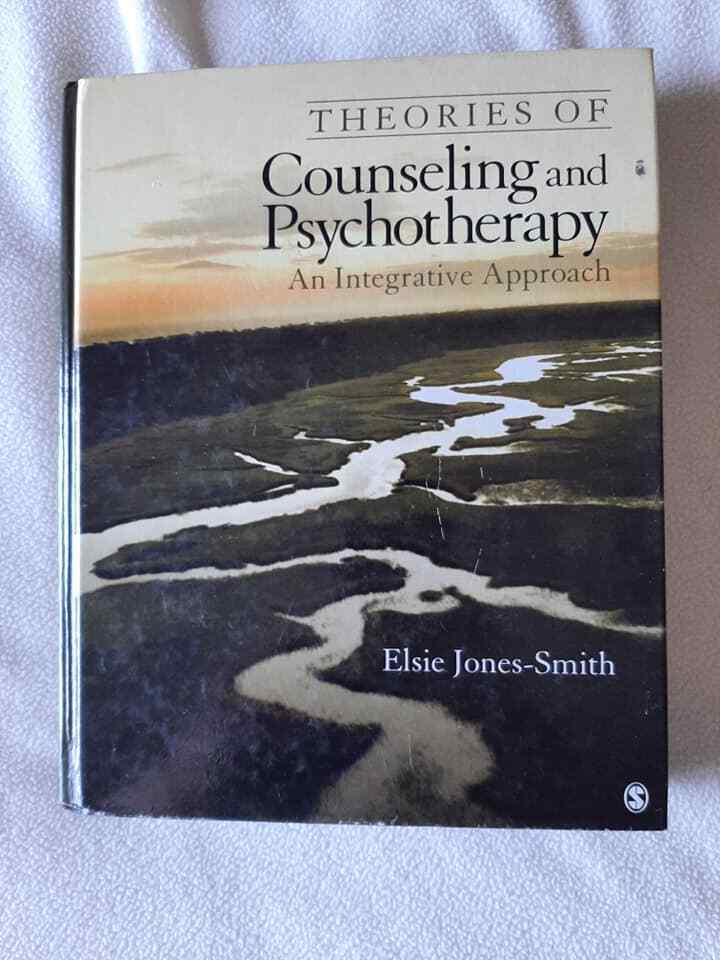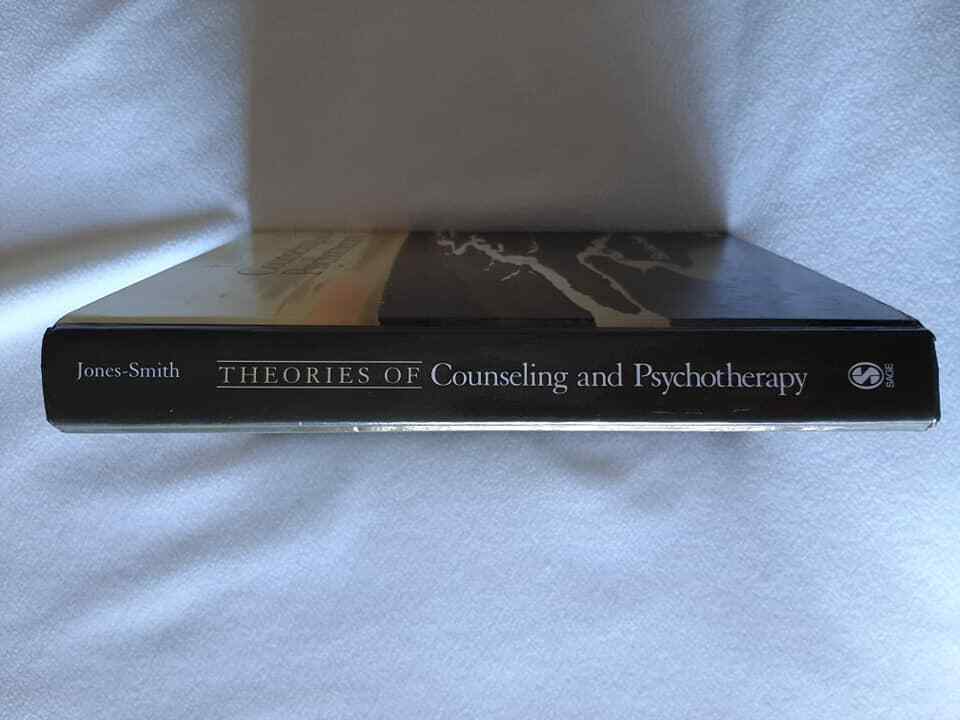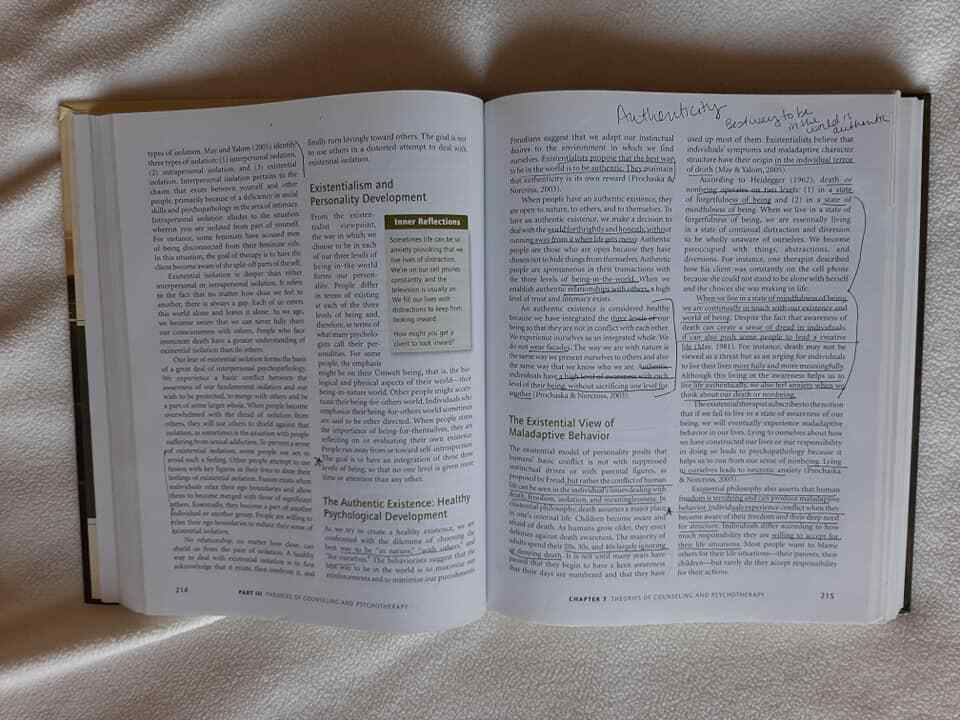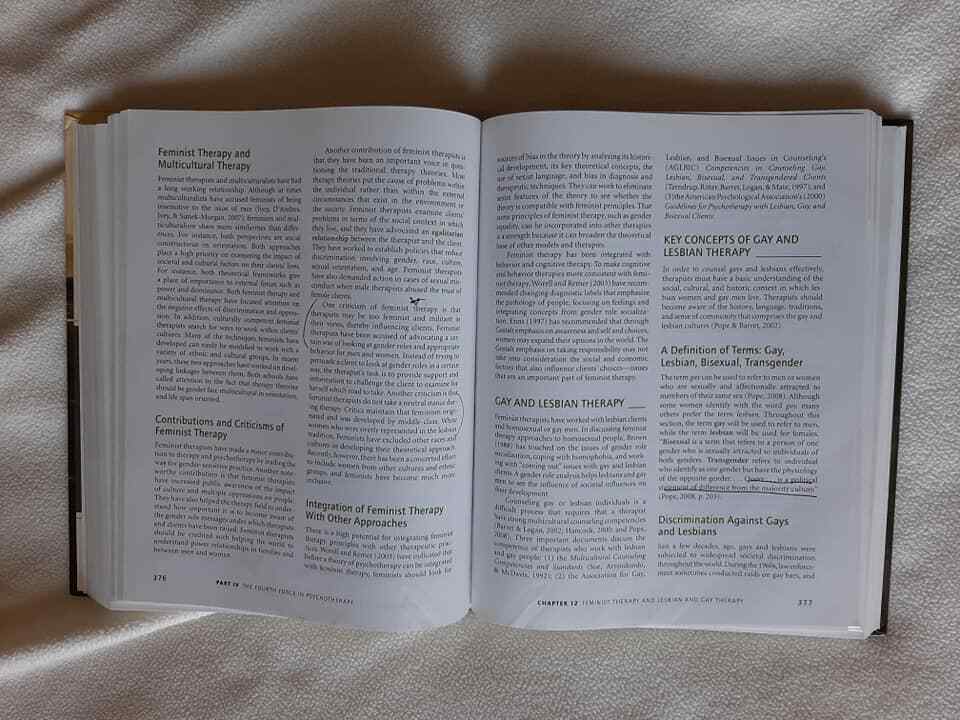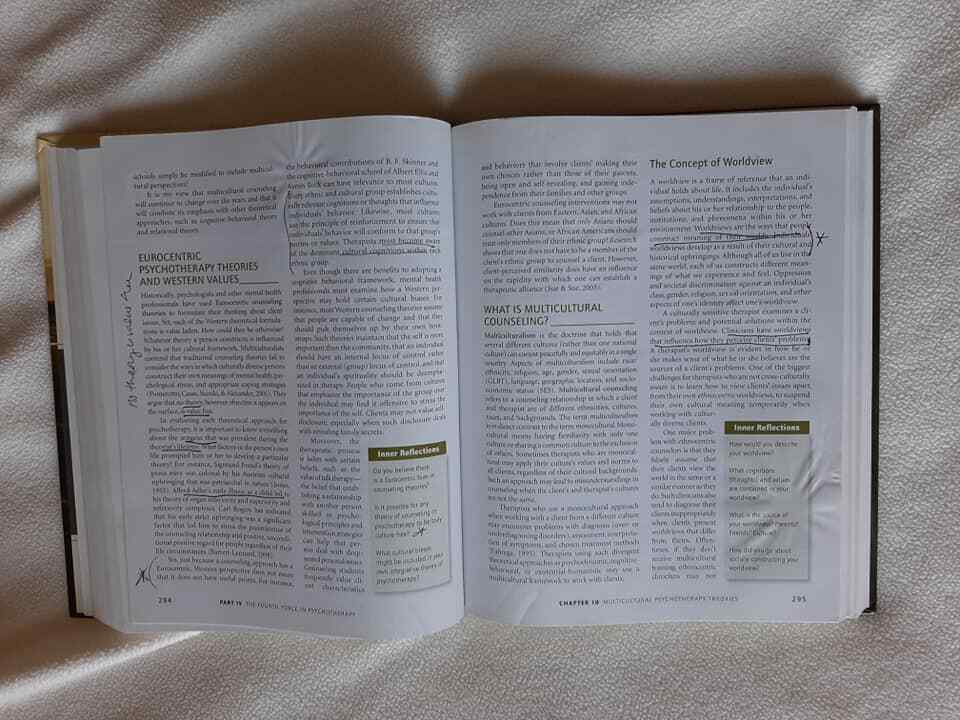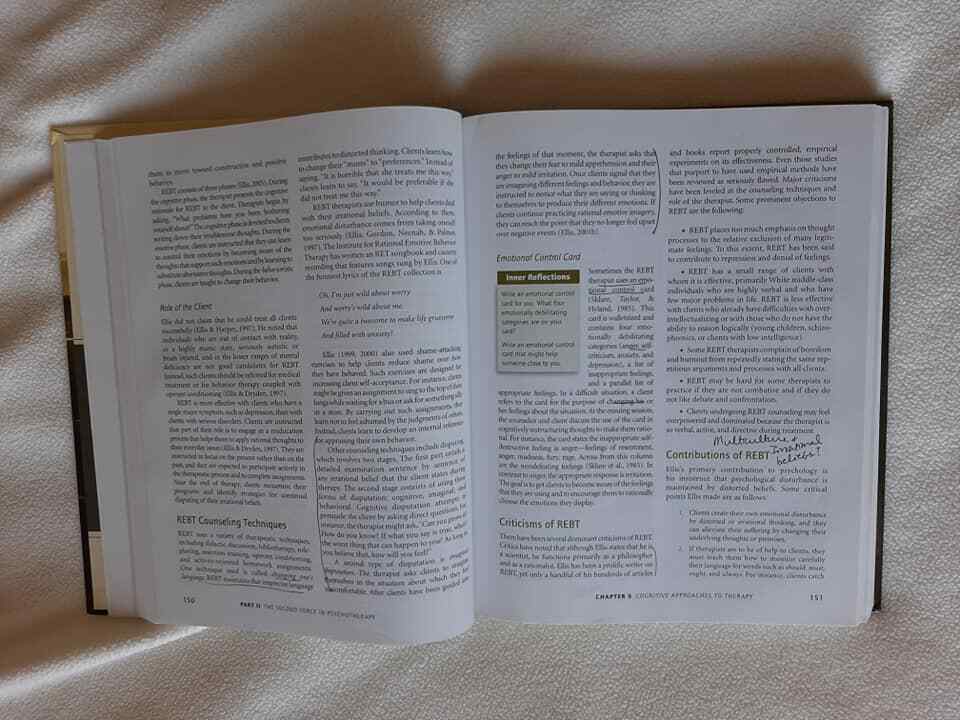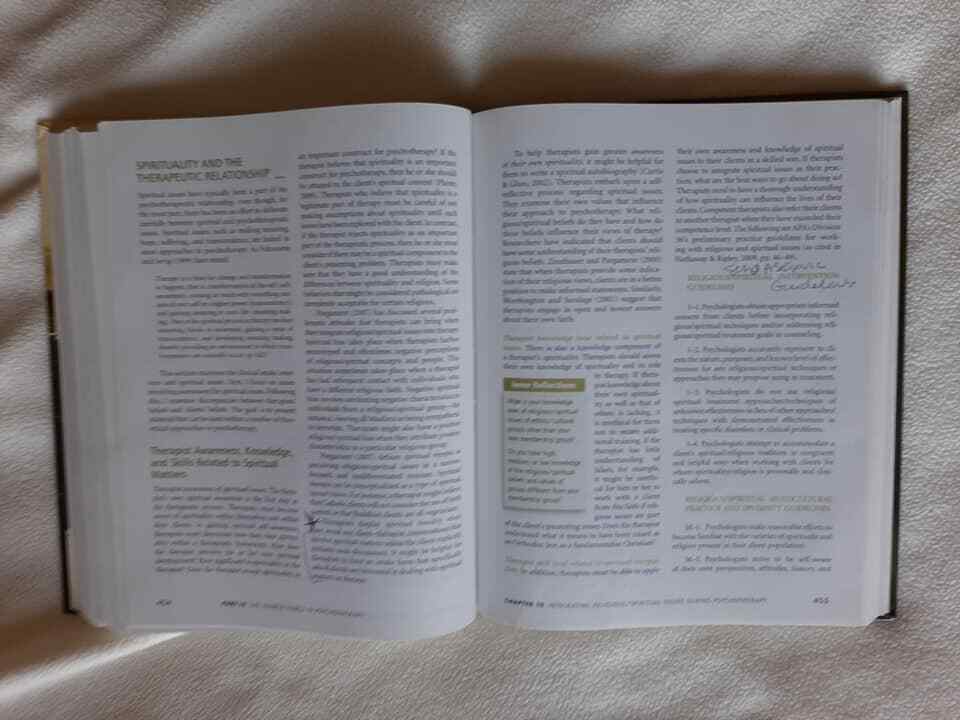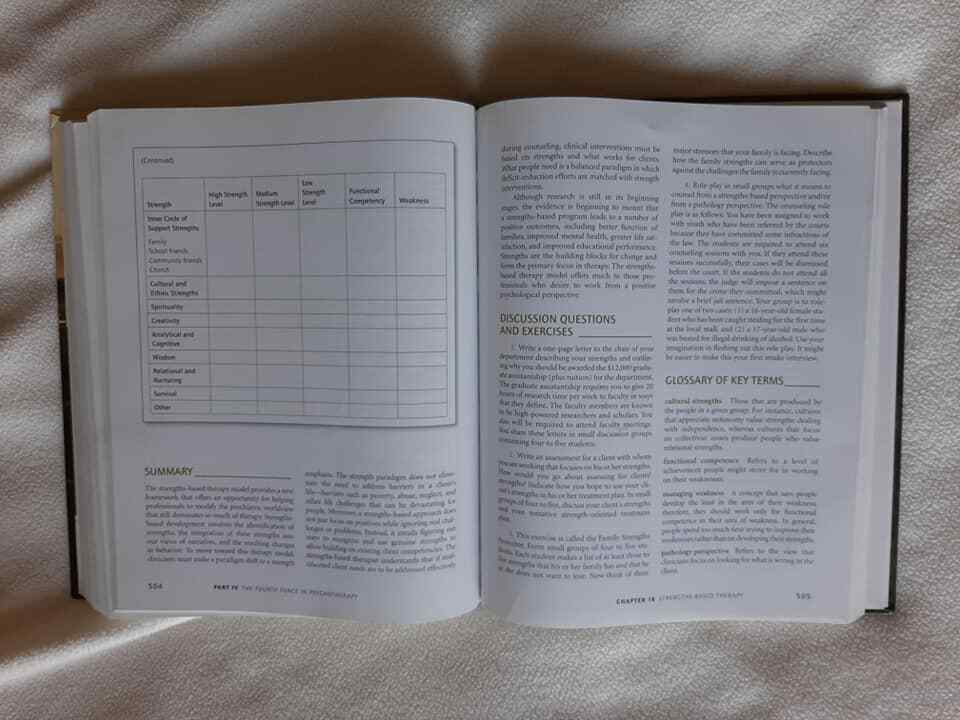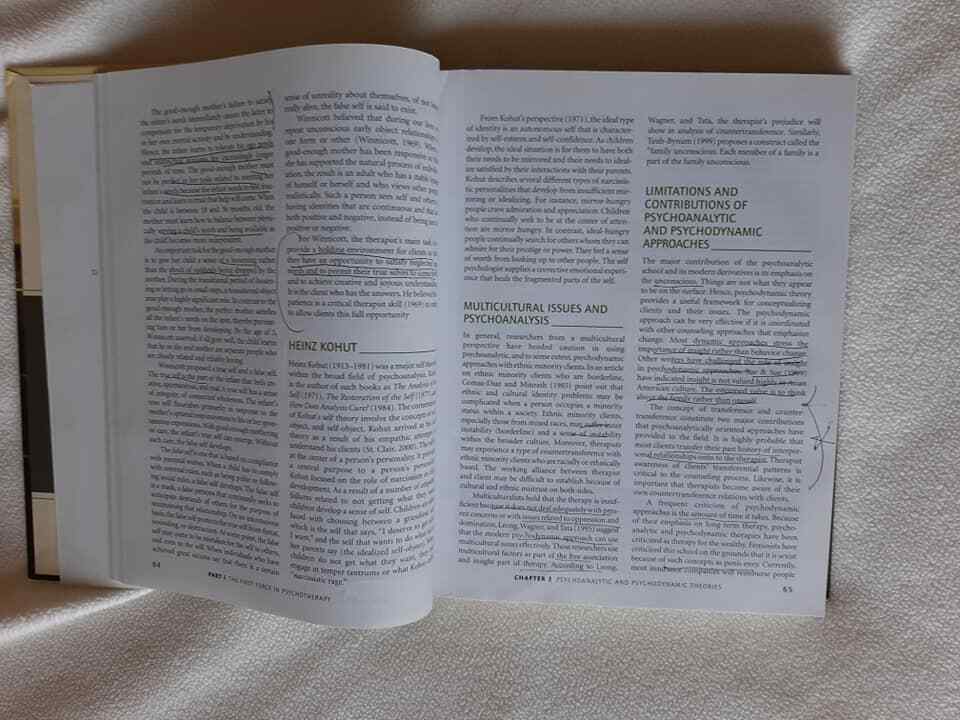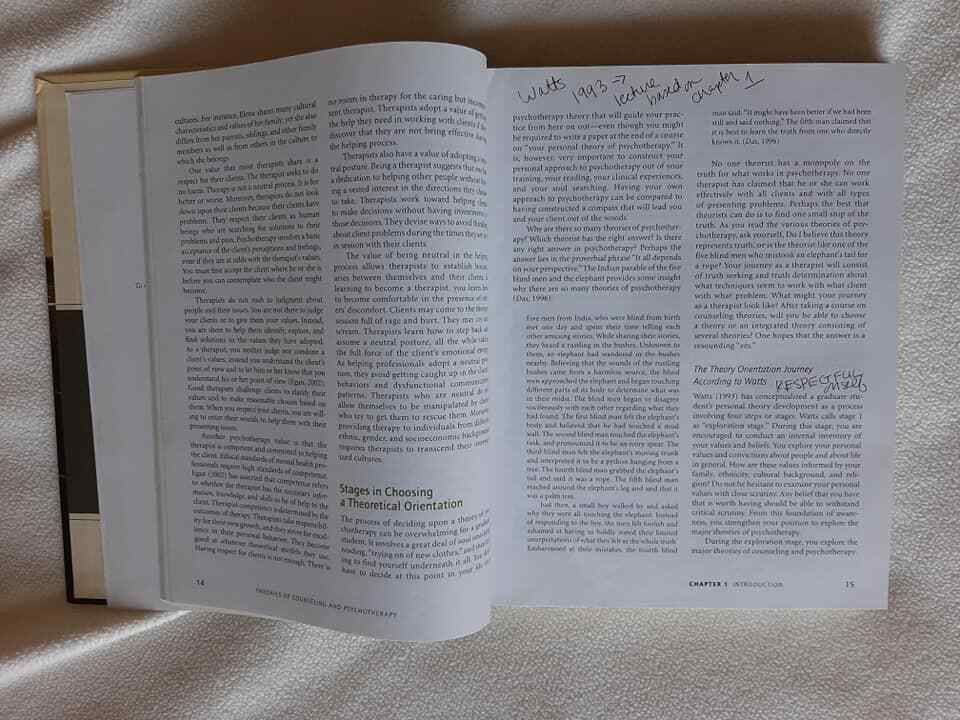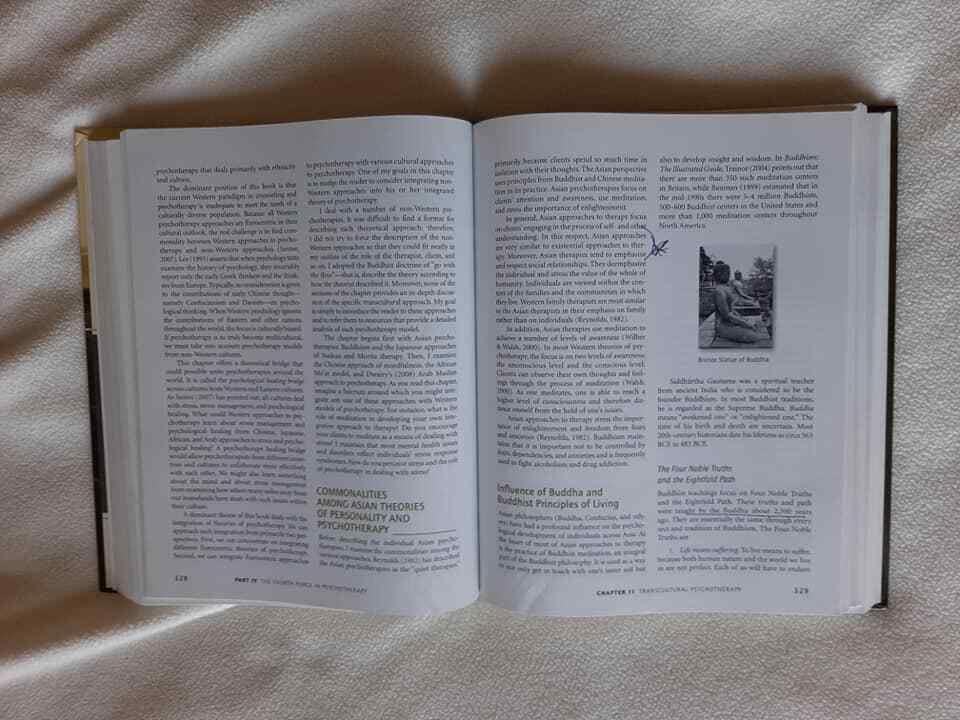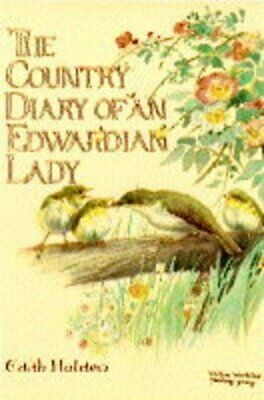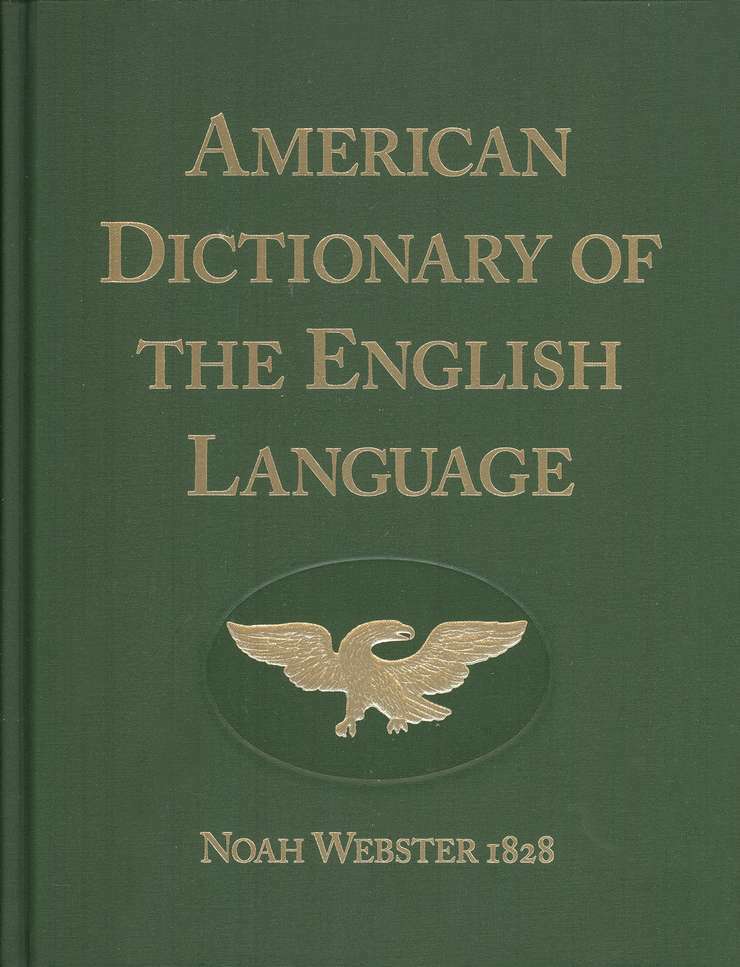-40%
Theories of Counseling and Psychotherapy: An Integrative Approach Jones-Smith
$ 24.28
- Description
- Size Guide
Description
Theories of Counseling and Psychotherapy offers an extensive array of theories that includes all the mainstream theories as well as contemporary approaches, such as narrative, feminist, and postmodern. It provides students an integrative framework with which to assess the various theories with respect to possible clinical application. This is not a book that simply lists and describes theories; rather, it compares and contrasts them, showing strengths and weaknesses, in a way that helps students apply the theorists flexibility. There are 21 theories, including an entire chapter on the American approach to multicultural psychotherapy, allows instructors the flexibility to select the theoretical approaches of their choice. The author also presents a unique case study of Justin, a 12-year-old boy from an African-American father and a white mother, living in Utah, whose story demonstrates theoretical approaches contained within the book.A unique chapter devoted to religious/spiritual approaches to psychotherapy: students are given possible ways to introduce clients sense of spirituality during counseling, teaching them to recognize and utilize it as part of the treatment process. This chapter does not advocate having any particular religion.
An entire chapter on strengths-based therapy, one of the fastest growing theoretical schools throughout the globe: this in-depth offering provides for practical application of many of the concepts of positive psychology.
Broad global appeal: The book contains a trascultural chapter that contains a discussion of Japanese Naikan Therapy and Morita Therapy, Chinese Mindfulness, and Arab-Muslim, and African approaches to psychotherapy.
Brief biographical descriptions of each of the theorists' lives: The engaging and personal detail leads to lively classroom discussions surrounding the impact of a theorist's life on the development of his or her approach to psychotherapy.
Extensive question-and-answer sections: The end of each chapter is enhanced by thought-provoking questions for the reader.
A theoretical orientation scale designed by the author: Chapters 17 and 18 provide numerous tables and other integrating frameworks for helping students arrive at their own integrative theory of psychotherapy. Additionally, students are given guidelines for integrating the various theories.
There is wear on the cover of this textbook. There is underlining and margin notes on several pages most of the way through this textbook. If you do not wish to deal with another persons notations please do not purchase this textbook.
Please see photos and ask questions before purchasing this textbook.
Thank you for viewing this textbook and please check out the rest of our books and other listings before leaving.
